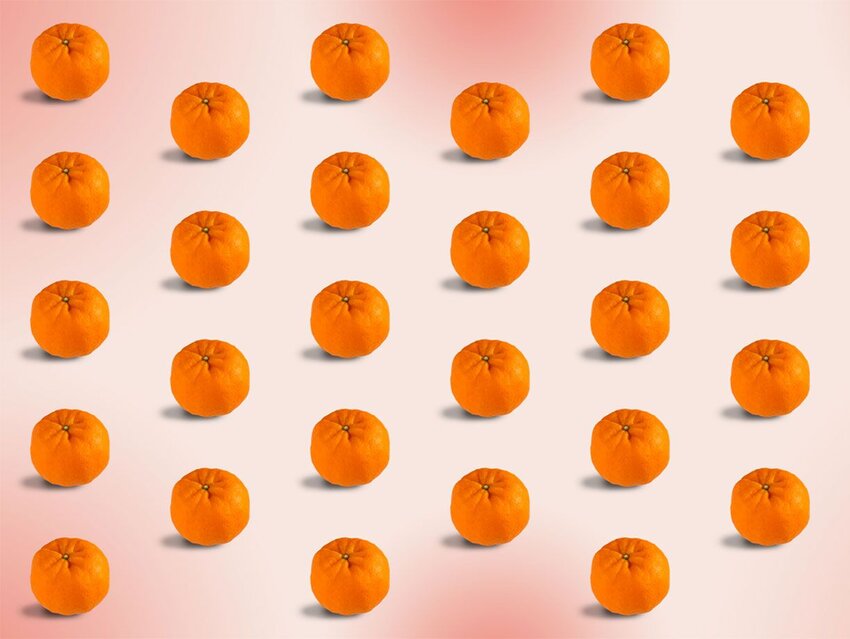In English, adding an “S” to the end of a noun usually means it’s plural. There are exceptions and irregular spellings, but the trickiest changes might be with loanwords, or those words borrowed from foreign languages. Think of the word “graffiti” — it’s taken from Italian and is used to describe any number of street drawings, whether one or 100. But in the original Italian, “graffito” would be a single piece of artwork, while swapping to an “I” at the end means it’s plural. It’s the same with “confetti” (plural) and “confetto” (just a single scrap of colorful paper). When certain words were adopted into English, the rules from the original language were forgotten, and we now use the plural for all forms. Try asking for a “spaghetto” at dinner — you’ll get some strange looks.
Spaghetti/Spaghetto
One singular strand of this go-to Italian noodle is called a “spaghetto,” and is even in the dictionary as such. Remember, in the Italian language, an “I” at the end of a word means that it’s plural, while an “O” means that it’s singular. This rule applies to other Italian pasta such as ravioli/raviolo and gnocchi/gnocco, but the singular is almost never used in English.
Data/Datum
“Data” is frequently talked about in quantities, referring to facts and statistics that are gathered to analyze. When referring to refer one specific fact out of all that data, “datum” is the singular form. “Datum,” however, is rarely used (probably because data typically comes in quantities greater than one). “Data” and “datum” both stem from the Latin word datum, meaning “a given.”
Opera/Opus
“Going to the opera” has a much better ring to it than “going to the opuses,” but technically, both are correct. “Opus” is the singular form of “opera.” “Opus” can be used to describe a single work of literature or music, and in musical composition, the “opus number” is the number associated with a specific piece. The term “magnum opus” might sound more familiar — it describes an artist’s single greatest work.
Lice/Louse
Lice — a parent or school nurse’s worst nightmare. Almost always, more than one of these pesky parasites are found at a time. Due to their tendency to travel with friends, the singular form of this noun, louse, is rarely used. But, just as “mouse” is to “mice,” “louse” is to “lice.” While “delouse” is more commonly used now, “louse” can also be used as a verb, meaning “to remove lice from.”
Bacteria/Bacterium
Another rarely used singular word, “bacterium” is used to describe one single organism in a group of bacteria. This Latin word comes from the earlier Greek word “bakterion,” meaning “small staff,” because the first-observed bacteria were rod shaped. This term was introduced into the scientific world in 1838 by German naturalist Christian Gottfried Ehrenberg.
Paparazzi/Paparazzo
Notorious for fueling high-profile celebrity gossip, the “paparazzi” are photographers who scour the streets of Hollywood looking for the next big tabloid image. The phrase “she was caught by the paparazzi…” technically means more than one photographer was taking pictures. To describe a scene where only one photographer is present, “paparazzo” is correct. Paparazzo stems from Italian filmmaker Federico Fellini’s beloved 1960 film, La Dolce Vita, in which it was used as the surname of a freelance photographer.
Featured image credit: simon2579/ iStock

